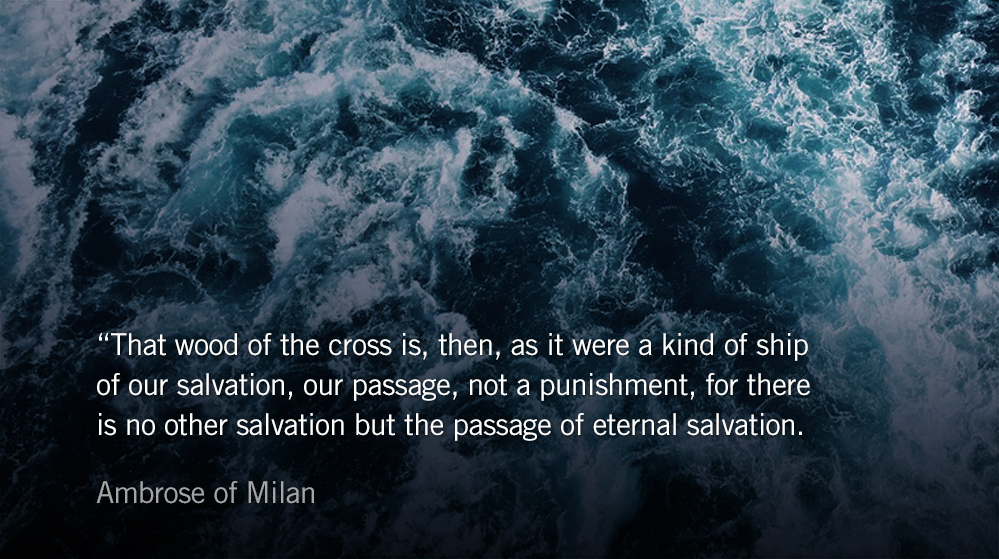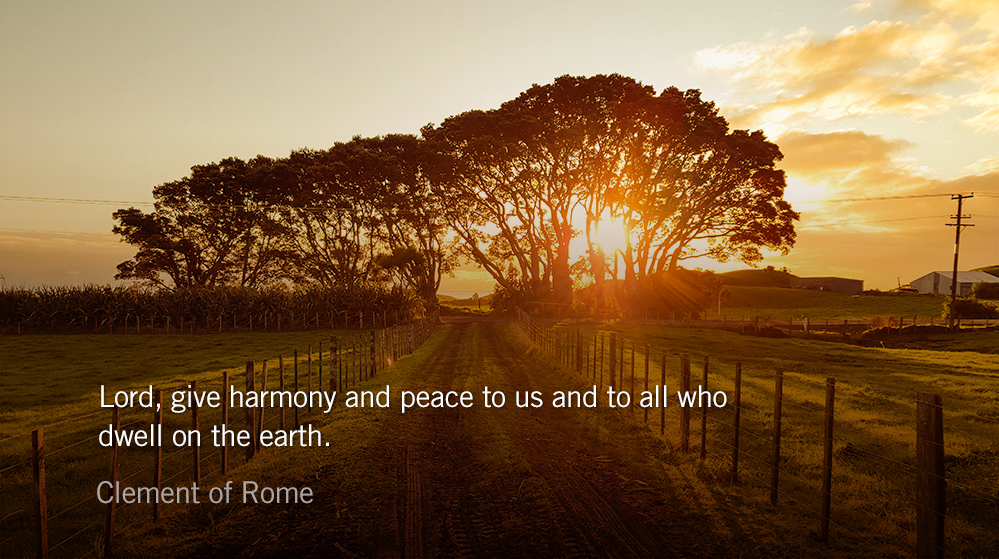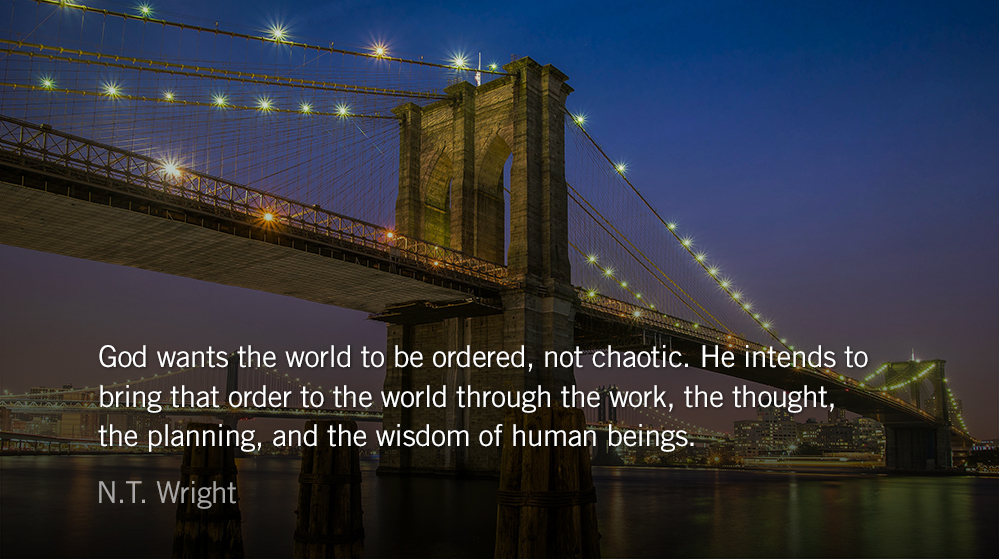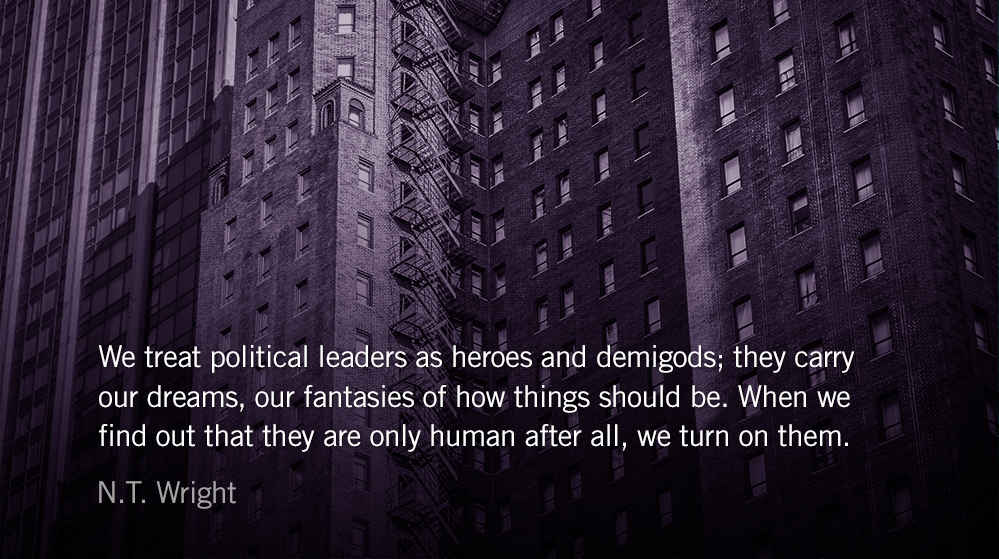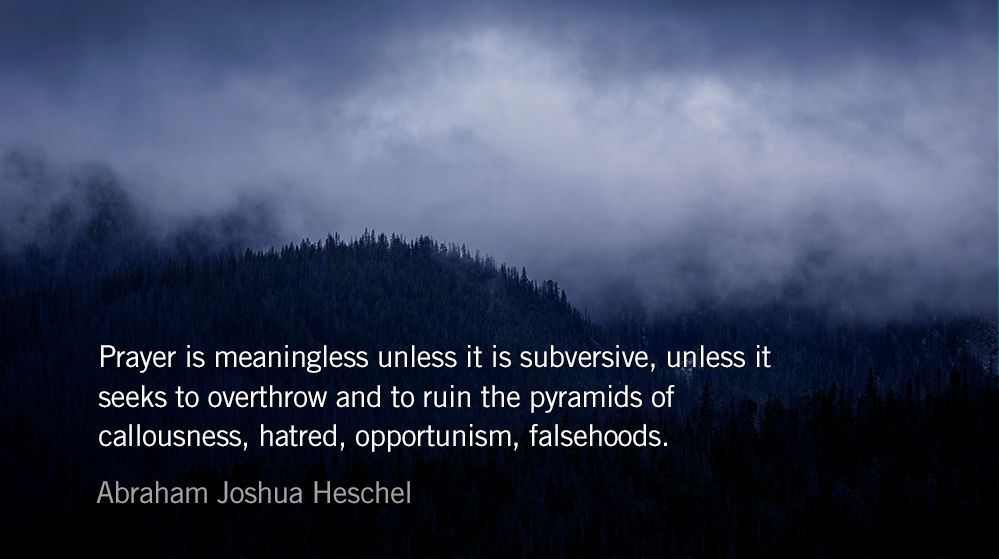While expecting death I do not feel it; while thinking little of punishment I do not suffer; while careless of fear I know it not.
―Ambrose of Milan
Lenten Reflection: The Divine Mystery of the Cross
The Park Forum
“That wood of the cross is, then, as it were a kind of ship of our salvation, our passage, not a punishment, for there is no other salvation but the passage of eternal salvation,” wrote Ambrose of Milan. The saint must have held Isaiah’s prophecy in mind as he wrote:
Surely he has borne our griefs
and carried our sorrows;
yet we esteemed him stricken,
smitten by God, and afflicted.But he was pierced for our transgressions;
he was crushed for our iniquities;
upon him was the chastisement that brought us peace,
and with his wounds we are healed.All we like sheep have gone astray;
we have turned—every one—to his own way;
and the Lord has laid on him
the iniquity of us all.
The Son of God destroyed, his people set free—surely we have just as much trouble apprehending this as Christ’s own disciples. Early Christian writings focus not on the mechanics of the cross, but its implications for present-day living. Ambrose, writing in the fourth century, continues:
That we may know that this mystery of the common redemption was most clearly revealed by the prophets, you have also in this place: “Behold, it has taken away your sins;” not that Christ put aside His sins Who did no sin, but that in the flesh of Christ the whole human race should be loosed from their sins.
O the divine mystery of that cross, on which weakness hangs, might is free, vices are nailed, and triumphal trophies raised. For Christ died for us, that we might live in His revived Body. Therefore not our life but our guilt died in Him, “Who,” it is said, “bore our sins in his body on the tree, that we might die to sin and live to righteousness. By his wounds you have been healed.”
We often join in Peter’s cry, “Far be it from you, Lord! This shall never happen to you”—surely there must be another way. Unlike Peter, our desire is not as much to protect the Messiah we love, but to regain control by finding a logical way Christ could affect salvation apart from the cross.
The ship of our salvation is beyond our control. The gospel is this: though we created the storm, though we suffer as it surges, though we deserve to sink—we shall be guided home.
Prayer: The Cry of the Church
Even so come, Lord Jesus!
– From The Divine Hours: Prayers for Springtime by Phyllis Tickle.
Full prayer available online and in print.
Today’s Reading
Leviticus 6 (Listen – 4:17)
Psalm 5-6 (Listen – 2:45)

